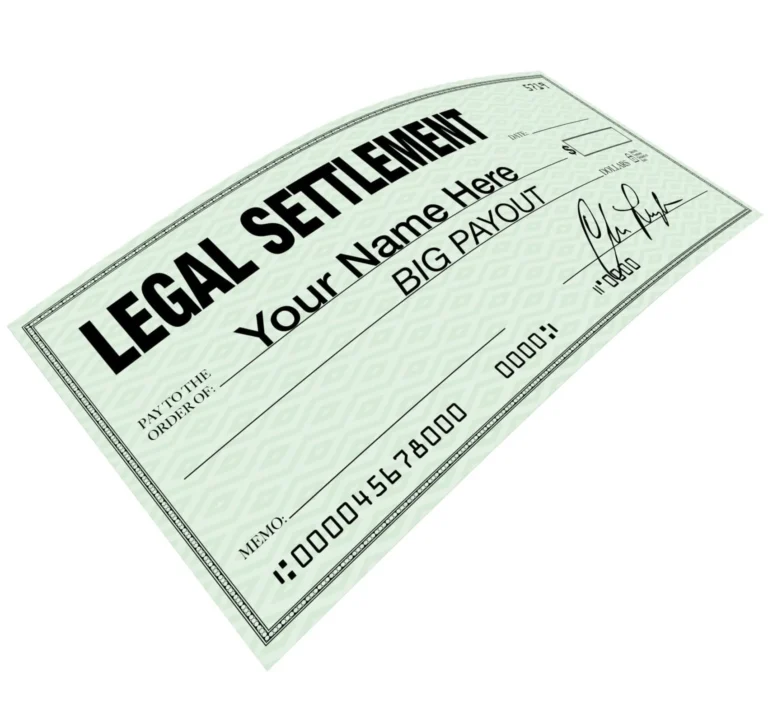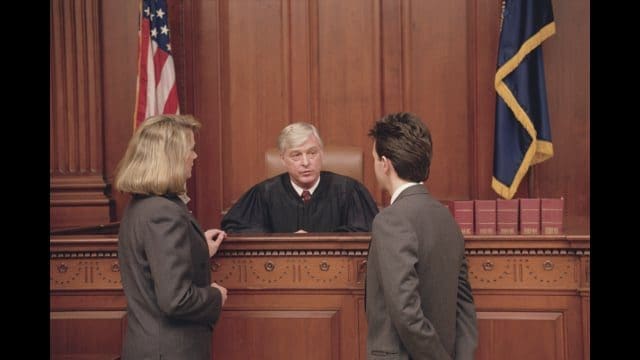
Corruption is a pervasive problem that undermines the integrity of governments, businesses, and institutions worldwide. It involves the abuse of power for personal gain, leading to a loss of public trust and the distortion of fair processes. This article explores the various aspects of corruption, its legal consequences, and the measures taken to combat this crime.
What Constitutes Corruption?
Corruption manifests in various forms, including bribery, embezzlement, fraud, and extortion. Bribery involves offering, giving, receiving, or soliciting something of value to influence the actions of an official or other person in a position of authority. This undermines the fairness of decisions and processes, whether in government, business, or other sectors.
Embezzlement is another common form of corrupción, where individuals in positions of trust misappropriate funds or property entrusted to them. This can occur in both the public and private sectors, leading to significant financial losses and a breach of trust. Fraud involves deceiving others to gain a financial or personal advantage, while extortion involves obtaining something of value through coercion or threats.
Legal Framework and Enforcement
The legal framework for addressing corrupción is comprehensive and includes both national and international regulations. In the United States, the Foreign Corrupt Practices Act (FCPA) is a key piece of legislation that prohibits American companies and individuals from bribing foreign officials to obtain or retain business. The Department of Justice (DOJ) y el Securities and Exchange Commission (SEC) enforce the FCPA, leading to significant fines and penalties for violators.
Internationally, the United Nations Convention against Corruption (UNCAC) provides a comprehensive framework for preventing and combating corruption. It encourages countries to implement measures such as criminalizing corruption, promoting transparency, and fostering international cooperation. Additionally, the Organization for Economic Cooperation and Development (OECD) has established the Anti-Bribery Convention, which aims to reduce corruption in international business transactions.
Enforcement of anti-bribery laws involves a combination of audits, investigations, and prosecutions. Regulatory agencies conduct thorough investigations to uncover evidence of bribery, often relying on whistleblowers, forensic accounting, and cooperation with international counterparts. Successful prosecutions can lead to severe penalties, including imprisonment, hefty fines, and reputational damage.
Consequences of Corruption
The consequences of corrupción are severe and multifaceted. On a legal level, individuals and entities found guilty of corruption can face significant penalties. Criminal penalties for corruption can include imprisonment, with sentences varying based on the severity of the offense and the jurisdiction. For instance, in the United States, individuals convicted under the FCPA can face up to five years in prison, while corporations can be fined up to $2 million per violation.
Civil penalties often involve substantial fines and the disgorgement of profits obtained through corrupt activities. Regulatory agencies may also impose additional sanctions, such as debarment from government contracts, which can severely impact a company’s ability to conduct business. Additionally, organizations found guilty of corruption may be required to implement stringent compliance programs to prevent future violations.
From a reputational standpoint, corrupción can have devastating effects. Companies implicated in corruption scandals often suffer a loss of trust and credibility, leading to decreased business opportunities and shareholder value. The negative publicity associated with corruption can also damage relationships with clients, partners, and regulators, making it challenging to rebuild a positive corporate image.
Measures to Combat Corruption
Combating corrupción requires a multi-faceted approach involving legislation, enforcement, and public awareness. Strengthening anti-bribery laws and ensuring consistent enforcement are crucial steps. This includes increasing penalties for violators, enhancing regulatory oversight, and providing adequate resources for investigative agencies.
Public awareness and education are vital components in the fight against corrupción. Educating individuals and businesses about the legal and ethical implications of corruption can help deter corrupt practices. Companies can implement training programs to inform employees about anti-corruption laws, red flags to watch for, and the importance of ethical conduct.
International cooperation is also essential in combating bribery, given the global nature of many business transactions. Countries must work together to share information, conduct joint investigations, and support each other in prosecuting offenders. Organizations like the Financial Action Task Force (FATF) y el International Anti-Corruption Academy (IACA) facilitate this cooperation and help develop global standards for combating corruption.
Casos prácticos o ejemplos
To illustrate the impact of corrupción, let’s examine some notable case studies. One high-profile example is the Siemens AG scandalscandal, where the German conglomerate was found to have engaged in widespread bribery to secure contracts worldwide. The investigation revealed that Siemens had paid over $1.4 billion in bribes, leading to significant fines and a comprehensive overhaul of its compliance program.
Another example is the Odebrecht scandal, involving the Brazilian construction giant. Odebrecht was implicated in a massive corruption scheme that spanned several countries, resulting in billions of dollars in fines and numerous high-profile arrests. The scandal highlighted the pervasive nature of corruption and the importance of robust enforcement mechanisms.
Análisis comparativo
A comparative analysis of corrupción laws and enforcement across different countries reveals significant variations. For instance, the United States has stringent anti-corruption laws, such as the FCPA, and robust enforcement mechanisms. In contrast, some developing countries may lack the resources or political will to enforce anti-corruption laws effectively, making them more susceptible to corrupt practices.
In Europe, regulatory bodies like the European Anti-Fraud Office (OLAF) work to investigate and combat corruption within EU institutions and member states. The varying levels of regulatory rigor and enforcement across different jurisdictions highlight the importance of international cooperation in addressing corruption.
Desglose detallado de las consecuencias jurídicas
The legal consequences of corrupción can be severe and encompass both criminal and civil penalties. Criminal penalties may involve long prison sentences, substantial fines, and the forfeiture of assets. For example, in addition to Siemens AG’s significant fines, other high-profile bribery cases have resulted in similarly severe penalties, reflecting the serious nature of the crime.
Civil penalties often involve the disgorgement of ill-gotten gains and restitution to affected parties. Regulatory agencies like the SEC can freeze assets, impose fines, and seek court orders to return funds obtained through corruption. These civil actions are crucial for compensating victims and deterring future corrupt practices.
Tecnología y herramientas
Technology plays an increasingly important role in detecting and preventing corrupción. Financial regulators and law enforcement agencies use sophisticated data analytics and machine learning algorithms to identify suspicious patterns and anomalies in financial transactions. These tools can analyze vast amounts of data, cross-reference information from various sources, and flag potential bribery cases for further investigation.
Blockchain technology is also emerging as a tool to enhance transparency and traceability in financial transactions. By ensuring that transactions are recorded on an immutable ledger, blockchain can help prevent the concealment of bribes and reduce opportunities for corrupt practices. Additionally, Geographic Information Systems (GIS) can help regulators monitor and analyze spatial data, ensuring compliance with anti-corruption laws.
Type of Attorney for Corruption Cases
When facing allegations of corrupción, it is crucial to seek legal representation from an attorney specializing in criminal defense and anti-corruption law. These attorneys have the expertise to navigate the complex regulations and legal frameworks governing corruption offenses. They can provide invaluable assistance in defending against criminal charges, negotiating settlements, and ensuring compliance with anti-corruption laws.
Anti-corruption attorneys play a key role in both prosecuting and defending bribery cases. On the prosecution side, they work with government agencies to build cases against offenders, ensuring that justice is served and that corrupt practices are eradicated. On the defense side, they represent individuals or businesses accused of bribery, helping them understand their legal rights and obligations.
Finding a qualified anti-corruption attorney can be facilitated through platforms like Abogados.Media. This innovative platform connects individuals and businesses with experienced legal professionals who specialize in various fields, including criminal defense and kidnapping law. By providing detailed profiles and interview videos, Attorneys.Media helps potential clients make informed decisions when selecting an attorney.
En conclusión, corrupción is a significant threat to legal and business systems, with wide-ranging consequences for economies and individuals. Through robust legal frameworks, technological advancements, public awareness, and ethical practices, we can combat bribery and create a more transparent and just society. Platforms like Attorneys.Media play a pivotal role in connecting individuals with the legal expertise needed to navigate these complex issues, fostering greater accountability and compliance.
Referencias
- Foreign Corrupt Practices Act (FCPA) – U.S. Department of Justice: https://www.justice.gov/criminal-fraud/foreign-corrupt-practices-act
- Securities and Exchange Commission (SEC) – FCPA Resource Guide: https://www.sec.gov/spotlight/fcpa/fcpa-resource-guide.pdf
- United Nations Convention against Corruption (UNCAC) https://www.unodc.org/unodc/en/corruption/uncac.html
- Organization for Economic Cooperation and Development (OECD) – Anti-Bribery Convention: https://www.oecd.org/corruption/oecdantibriberyconvention.htm
- Financial Action Task Force (FATF): https://www.fatf-gafi.org/
- International Anti-Corruption Academy (IACA): https://www.iaca.int/
- Siemens AG Corruption Case – The New York Times: https://www.nytimes.com/2008/12/21/business/worldbusiness/21siemens.html
- Odebrecht Scandal – Reuters: https://www.reuters.com/article/us-brazil-corruption-odebrecht-idUSKBN1JQ3AR
- European Anti-Fraud Office (OLAF): https://ec.europa.eu/anti-fraud/home_en
- Geographic Information Systems (GIS) in Anti-Corruption: https://www.transparency.org/en/news/how-to-fight-corruption-with-maps-and-data-geographic-information-systems
- Blockchain and Anti-Corruption – World Economic Forum: https://www.weforum.org/agenda/2018/11/how-blockchain-can-stamp-out-corruption/
- Attorneys.Media – Connecting Individuals with Legal Professionals: https://attorneys.media/








